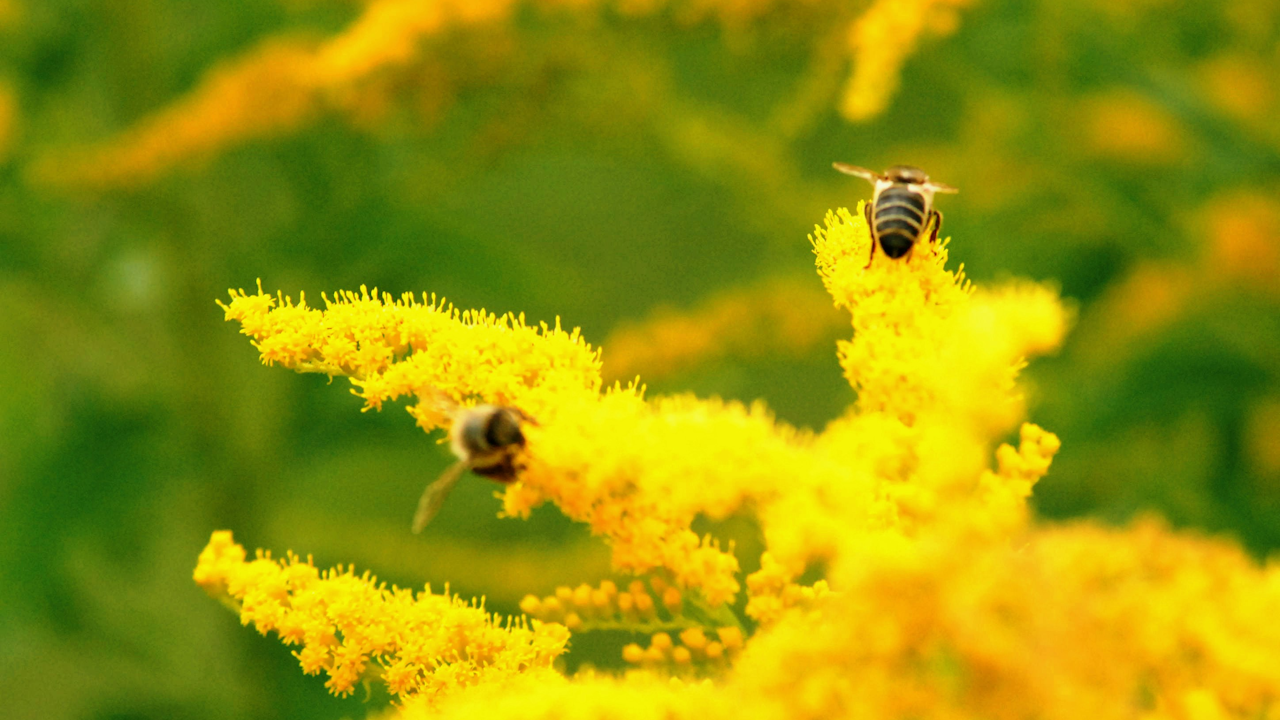Bees, those seemingly ubiquitous insects, hold a pivotal role in maintaining the delicate balance of environmental health. Their impact extends far beyond the production of honey, reaching into the very core of ecosystem stability and biodiversity. To truly appreciate their significance, one must understand the intricate web of interactions that bees facilitate.
At the heart of their importance lies the process of pollination. Bees, in their tireless search for nectar and pollen, act as vital transporters, carrying genetic material between flowering plants. This process is fundamental to the reproduction of countless plant species, both wild and cultivated. The consequences of this pollination are profound. It ensures the production of fruits, vegetables, and seeds, which form the basis of food chains and provide sustenance for a vast array of organisms, including humans.
The impact on wild plant life is equally crucial. Bees contribute to the diversity and resilience of natural ecosystems. By pollinating a wide range of flora, they support the growth of healthy forests, meadows, and other habitats. These diverse plant communities, in turn, provide shelter and food for a multitude of animal species, creating a complex and interconnected web of life. Therefore the health of bee populations is directly connected to the health of the entire ecosystem.
Furthermore, bees serve as indicators of environmental health. Their sensitivity to pollutants and habitat changes makes them valuable biomonitors. When bee populations decline or exhibit signs of stress, it can signal underlying environmental problems, such as pesticide contamination, habitat loss, or climate change. Scientists are increasingly using bees to assess the presence of pollutants in the environment, providing valuable data for environmental monitoring and protection.
The economic implications are also substantial. A significant portion of agricultural production relies on bee pollination. Without bees, crop yields would drastically decrease, leading to food shortages and economic instability. The value of bee pollination to agriculture is immense, highlighting their indispensable role in food security.
However, bee populations are facing numerous threats. Habitat loss, pesticide use, climate change, and diseases are all contributing to their decline. The loss of natural habitats, such as wildflower meadows, reduces the availability of food and nesting sites for bees. Intensive agricultural practices, with their reliance on pesticides, pose a direct threat to bee health. Climate change is disrupting the timing of flowering and bee activity, creating mismatches that can affect their survival.
Therefore, protecting bee populations is essential for maintaining environmental health. This requires a multifaceted approach, including:
- Habitat restoration: Creating and preserving wildflower meadows and other natural habitats.
- Reducing pesticide use: Adopting sustainable agricultural practices that minimize the use of harmful chemicals.
- Addressing climate change: Taking action to reduce greenhouse gas emissions and mitigate the effects of climate change.
- Supporting bee-friendly practices: Encouraging the planting of bee-friendly flowers in gardens and public spaces.
In essence, bees are not merely honey producers; they are vital contributors to the health and functioning of our environment. Their role in pollination, their sensitivity to environmental changes, and their economic importance make them indispensable to the well-being of our planet. Recognizing and protecting their crucial role is essential for ensuring a sustainable future.


